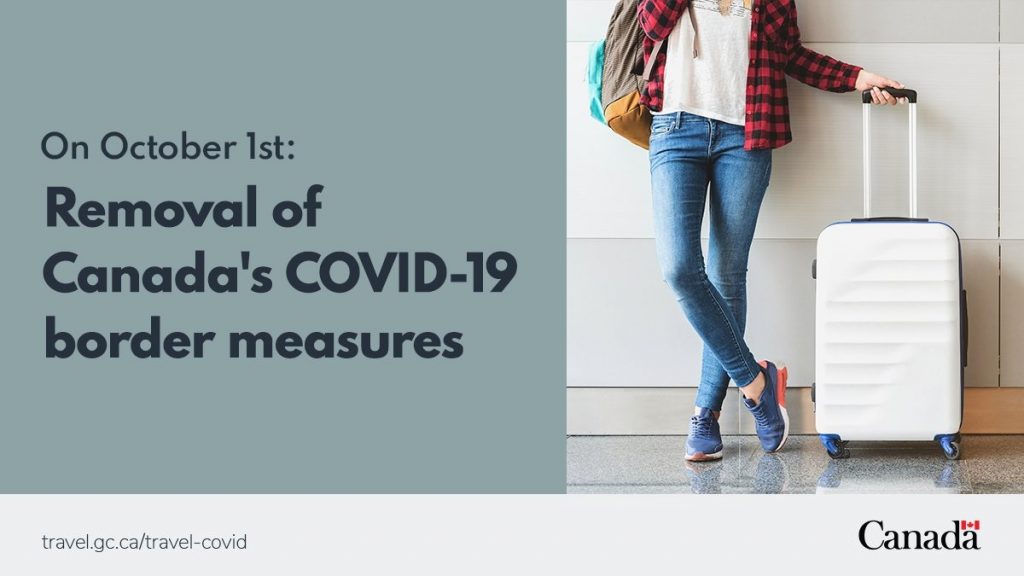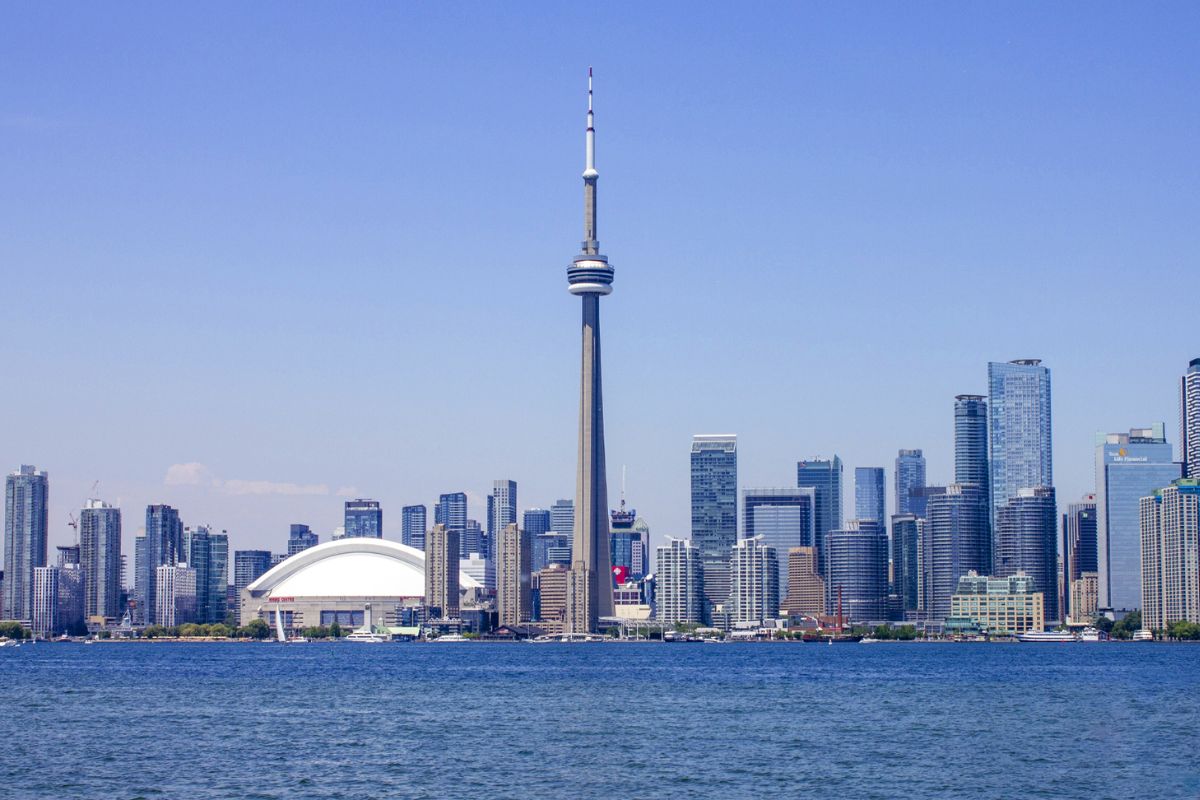The Govt of Canada on Monday announced the removal of all COVID-19 entry restrictions, as well as testing, quarantine, and isolation requirements for anyone entering Canada, effective October 1, 2022.
The removal of border measures has been facilitated by a number of factors, including modelling that indicates Canada has largely passed the peak of the Omicron BA.4 and BA.5-fueled wave, Canada’s high vaccination rates, lower hospitalization and death rates, and the availability and use of vaccine boosters (including new bivalent formulation), rapid tests, and COVID-19 treatments.

Canada’s New Border and Travel Measures
According to a news release issued by the Canadian Govt, Effective October 1, 2022, all travellers, regardless of citizenship, will no longer have to:
- Submit public health information through the ArriveCAN app or website.
- Provide proof of vaccination.
- Undergo pre- or on-arrival testing.
- Carry out COVID-19-related quarantine or isolation;
- Monitor and report if they develop signs or symptoms of COVID-19 upon arriving in Canada.
The Govt of Canada has also decided to get rid of the current requirements for travel. Beginning on October 1, 2022, travellers won’t need to:
- Undergo health checks for travel on air and rail; or
- Wear masks on planes and trains.
Despite the lifting of the masking requirement, all travellers are strongly recommended to wear high-quality, properly fitted masks during their journeys.
Additionally, there will no longer be any requirements for pre-boarding tests, vaccinations, or the use of ArriveCAN for cruise passengers. There will still be a set of regulations to protect passengers and crew that are consistent with those in the United States.
People are urged not to travel if they are experiencing COVID-19 symptoms.
Travellers should notify a flight attendant, cruise staff member, or a border services officer if they get sick while travelling and are still sick when they arrive in Canada.
A quarantine officer may then be consulted to determine whether the traveller requires additional medical evaluation because COVID-19 is still one of many communicable diseases listed in the Quarantine Act.
In order to safeguard their health and safety, the Canadian government also reminds travellers to make well-informed choices when considering international travel.
For more information on safe travel, they are urged to review the Travel advice and advisories.
Follow and connect with us on Facebook, Twitter, LinkedIn, Instagram and Google News for the latest travel news and updates!





